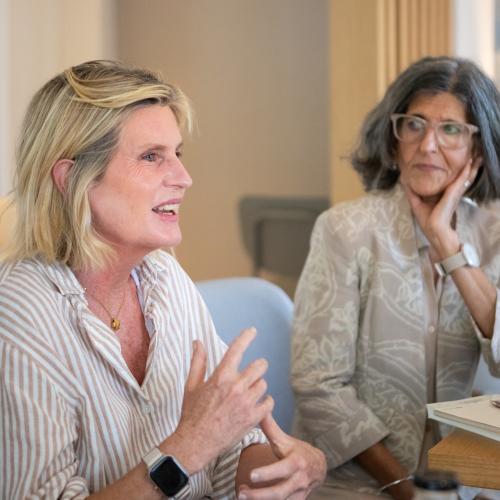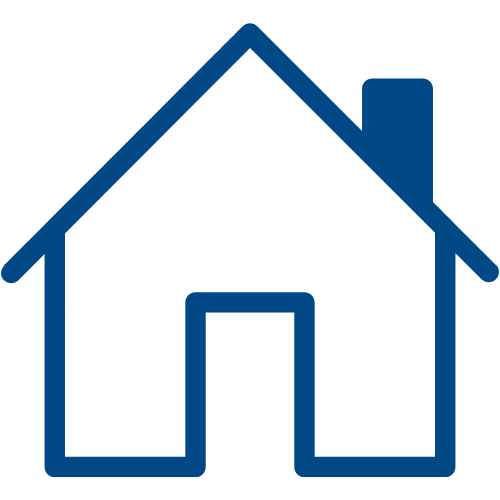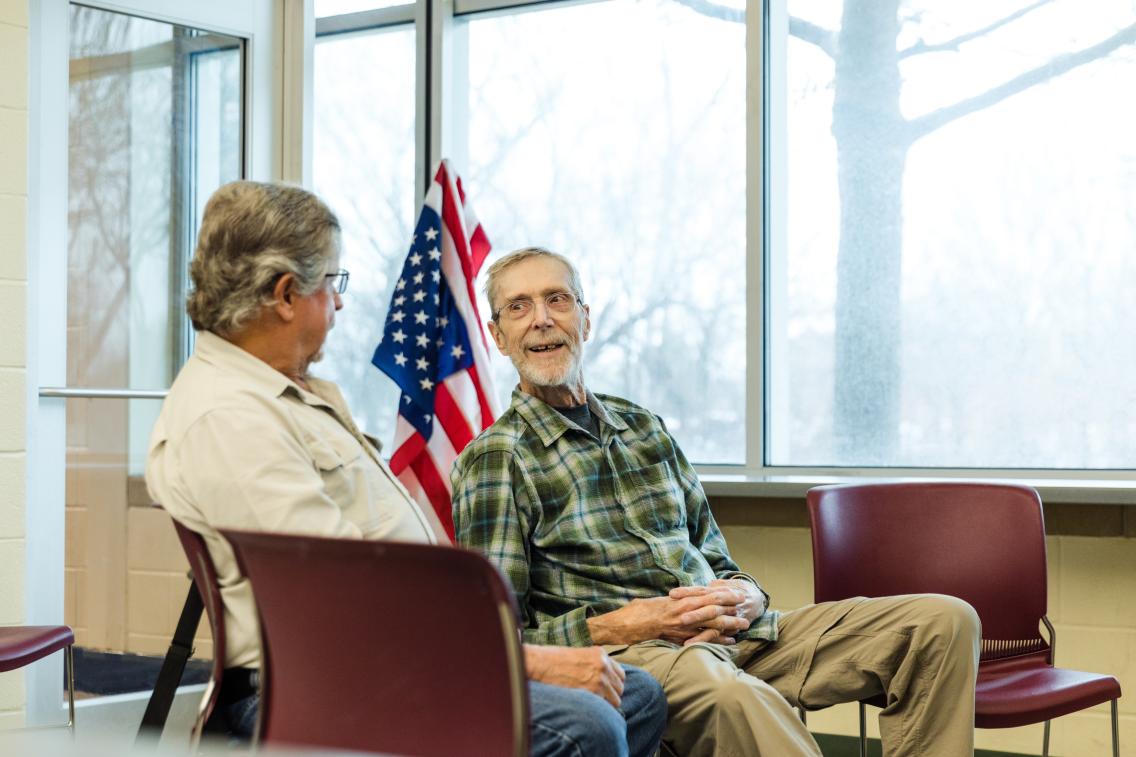What is Legal Aid?

Ensuring Equal Access to Justice
For millions of Americans, navigating the legal system can be overwhelming – especially for those who cannot afford an attorney. Civil legal aid seeks to ensure that all individuals, regardless of financial status, have access to legal assistance in critical civil matters that affect their safety, stability and well-being.
Since it was established by Congress in 1974, LSC has been the largest funder of civil legal aid programs in the United States, distributing federal grants to nonprofit organizations that provide free legal assistance to low-income individuals and families.

How We Work
LSC is a grant-making organization, distributing nearly 94% of its congressional appropriation to nonprofit legal aid organizations. LSC funds 129 independent legal aid organizations that serve low-income individuals in every district in every U.S. state and territory.
With more than 800 offices nationwide, these organizations provide direct legal assistance, legal education and self-help resources to ensure access to justice for those in need.
How Legal Aid Helps
LSC-funded legal aid organizations assist individuals and families navigate critical and complex civil legal matters, including:
-
Housing
-
Family
-
Disaster Recovery
-
Employment & Income Stability
-
Consumer Rights & Financial Security
- Preventing wrongful evictions or foreclosures and ensuring families remain in stable housing
- Addressing unsafe or unhealthy living conditions
- Protecting tenant and homeowner rights and ensuring fair housing protections are enforced
- Securing protective orders for survivors of domestic violence
- Assisting with child custody, child support
, Advocating for foster youth to ensure their rights are protected
- Helping survivors of natural disasters access FEMA aid and file insurance claims
- Resolving title and documentation issues that prevent recovery assistance
- Protecting homeowners and renters from fraudulent recovery schemes
- Helping survivors obtain duplicate paperwork like driver’s licenses and birth certificates to enable them to rebuild their lives
- Securing rightful wages and benefits
- Ensuring access to Veterans, disability and Social Security benefits
- Helping those with sealable criminal records get a fresh start through expungement
- Fighting fraud, predatory lending, and unfair debt collection
- Assisting with bankruptcy and financial disputes
- Preventing wrongful repossessions

Why Legal Aid Matters
Legal aid not only protects individuals, but also strengthens communities by:

Reducing Homelessness – Keeping families housed and decreasing reliance on emergency shelters and public assistance programs
 Supporting Financial Independence – Helping individuals gain employment and financial independence
Supporting Financial Independence – Helping individuals gain employment and financial independence
![]() Enhancing Public Safety – Providing legal protections for survivors of domestic violence and other vulnerable populations
Enhancing Public Safety – Providing legal protections for survivors of domestic violence and other vulnerable populations

Reducing Public Costs – Ensuring access to healthcare, disability benefits, and other essential services, reducing emergency medical and social service needs

Who We Help
LSC-funded legal aid programs serve individuals and families who meet income eligibility requirements – generally, 125% or below the federal poverty guidelines. This includes:
Seniors
Veterans and military families
Domestic violence survivors
People with disabilities
Families and individuals facing financial hardships
If you or someone you know needs legal assistance, locate an LSC-funded program in your area.
